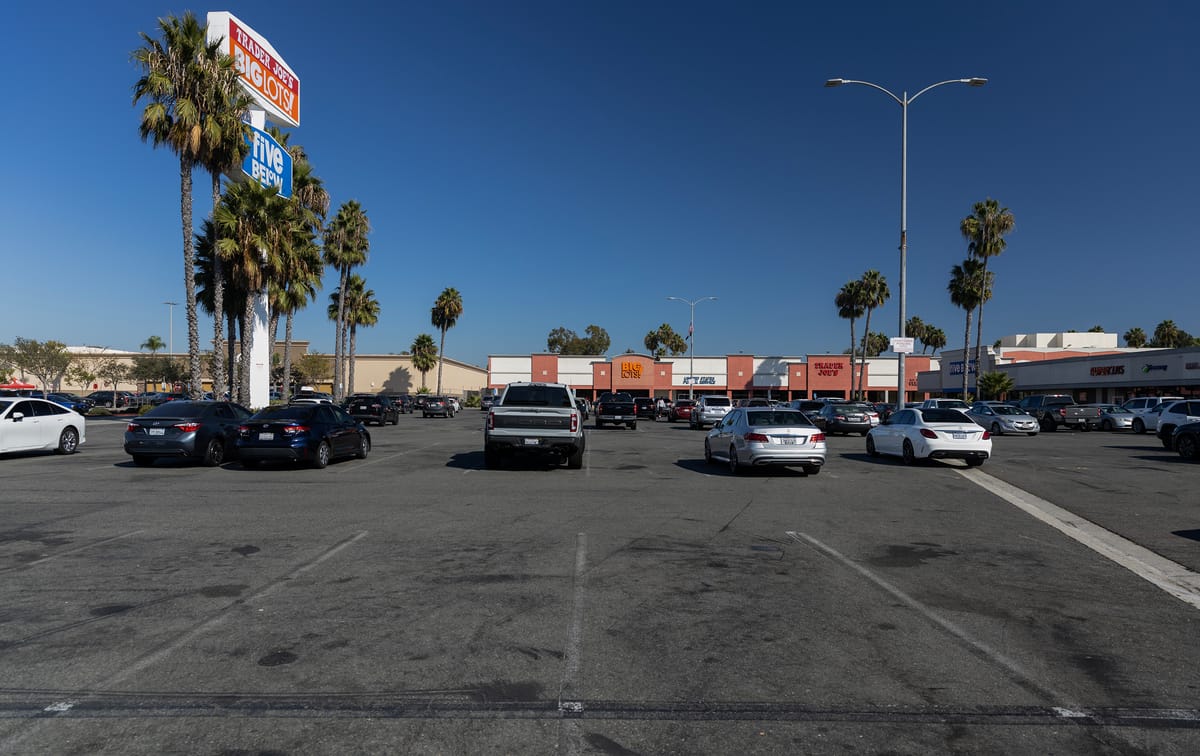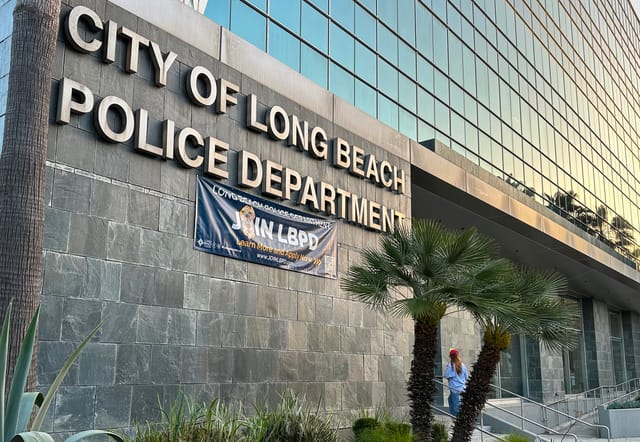Column: Parking reform is an important piece of the housing puzzle
The city is (finally) exploring ways to reduce or minimize the impact parking requirements have on homes and businesses.

Long Beach is looking to update some of its parking requirements for homes and businesses in an effort to align with state law and remove barriers for businesses that want to open in the city.
The Planning Commission has approved updates to city parking regulations that now need to be voted on by the City Council, with the biggest changes aimed at easing requirements for businesses. But changes for residential developments could also have a big impact.
The city codes currently require a certain number of parking spaces depending on the type of building. For example, a two bedroom apartment requires two parking spaces, and a restaurant has to have four parking spaces per 1,000 square feet of floor space.
You can read all about the city’s extensive parking code here.
But one of the issues this code has created, that the new updates aim to eliminate, is what happens when a storefront wants to change its use. Usually, a different type of business requires a different number of spaces—sometimes, more spaces than the proposed location can accommodate.
For example, if a restaurant was going to convert to a tavern (a bar) it would need to double the amount of parking included. Why parking is mandated at a bar is beyond me, but the new proposal would remove this barrier to businesses in Long Beach.
And the city is also updating its plans to comply with a state law that eliminated parking requirements for commercial or residential development located near public transportation—like the A-line that runs through Long Beach.
A map presented by the commission also shows locations near LBT bus stops, meaning some places in West and central Long Beach and near the traffic circle would also be exempt from mandated parking.
While some people may not be so happy about the loss of parking, the requirements from the city have been a major obstacle to the development we need to address the housing crisis. And other cities have shown that removing these requirements can make a big difference.
Minneapolis removed parking minimums in Downtown districts back in 2009 and citywide in 2021. Along with a couple other reforms, the result has helped lead to a big increase in housing supply and more affordable housing along the way.
It turns out the secret to the housing crisis is pretty simple—build more housing. And parking requirements are a big barrier to that production. Just ask Long Beach’s Congressman Robert Garcia, who introduced the People over Parking Act to remove certain parking restrictions nationwide.
“We are in a housing crisis and eliminating parking requirements lowers costs to build,” the Congressman tweeted, adding, “It’s good housing & climate policy. Let’s get it done.”
It’s happening slowly, but we are on the right track to changing our reliance on cars. Getting rid of the often excessive parking mandates that limit development and restrict businesses is a great step in the right direction.
We need your support.
Subcribe to the Watchdog today.
The Long Beach Watchdog is owned by journalists, and paid for by readers like you. If independent, local reporting like the story you just read is important to you, support our work by becoming a subscriber.





